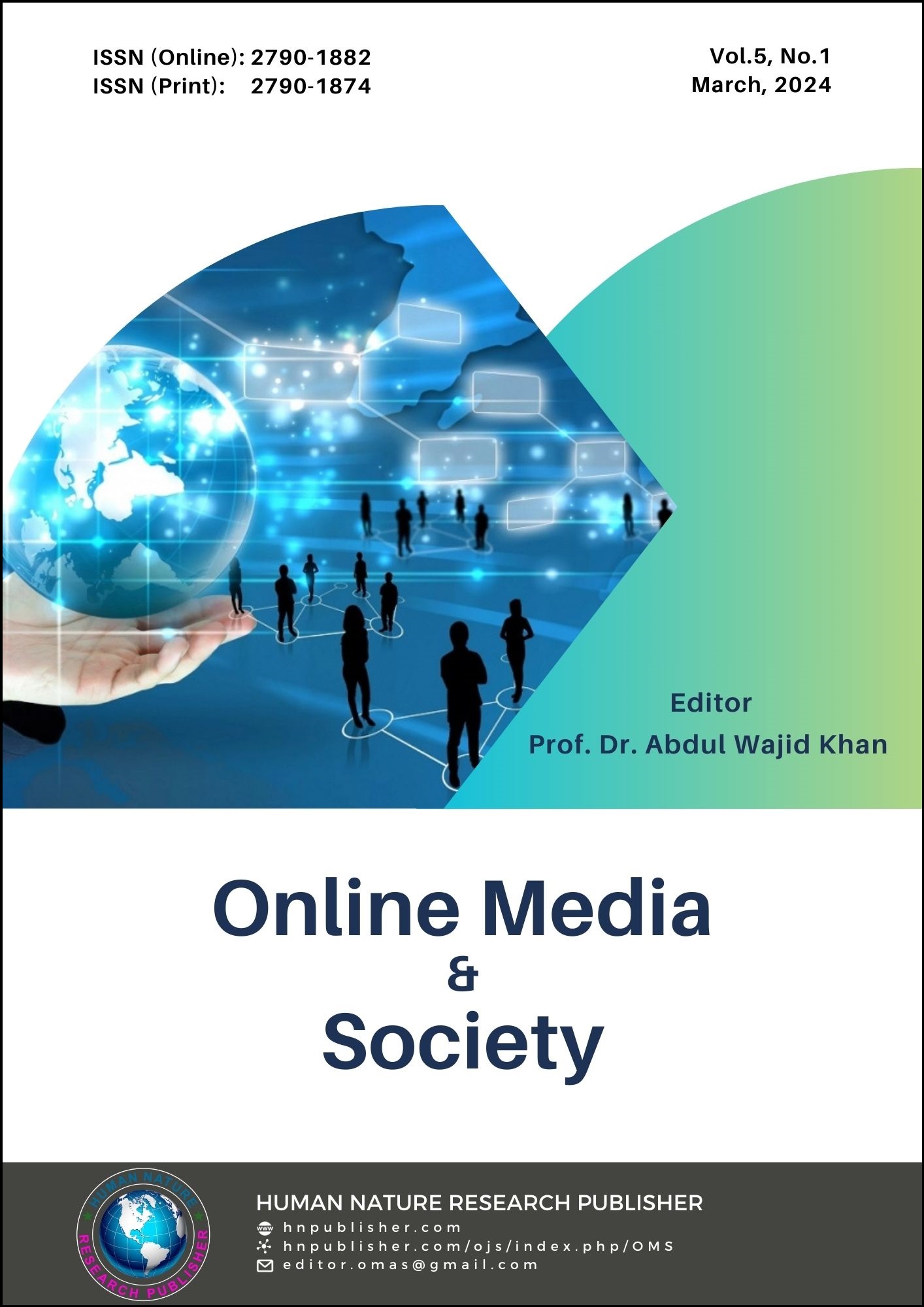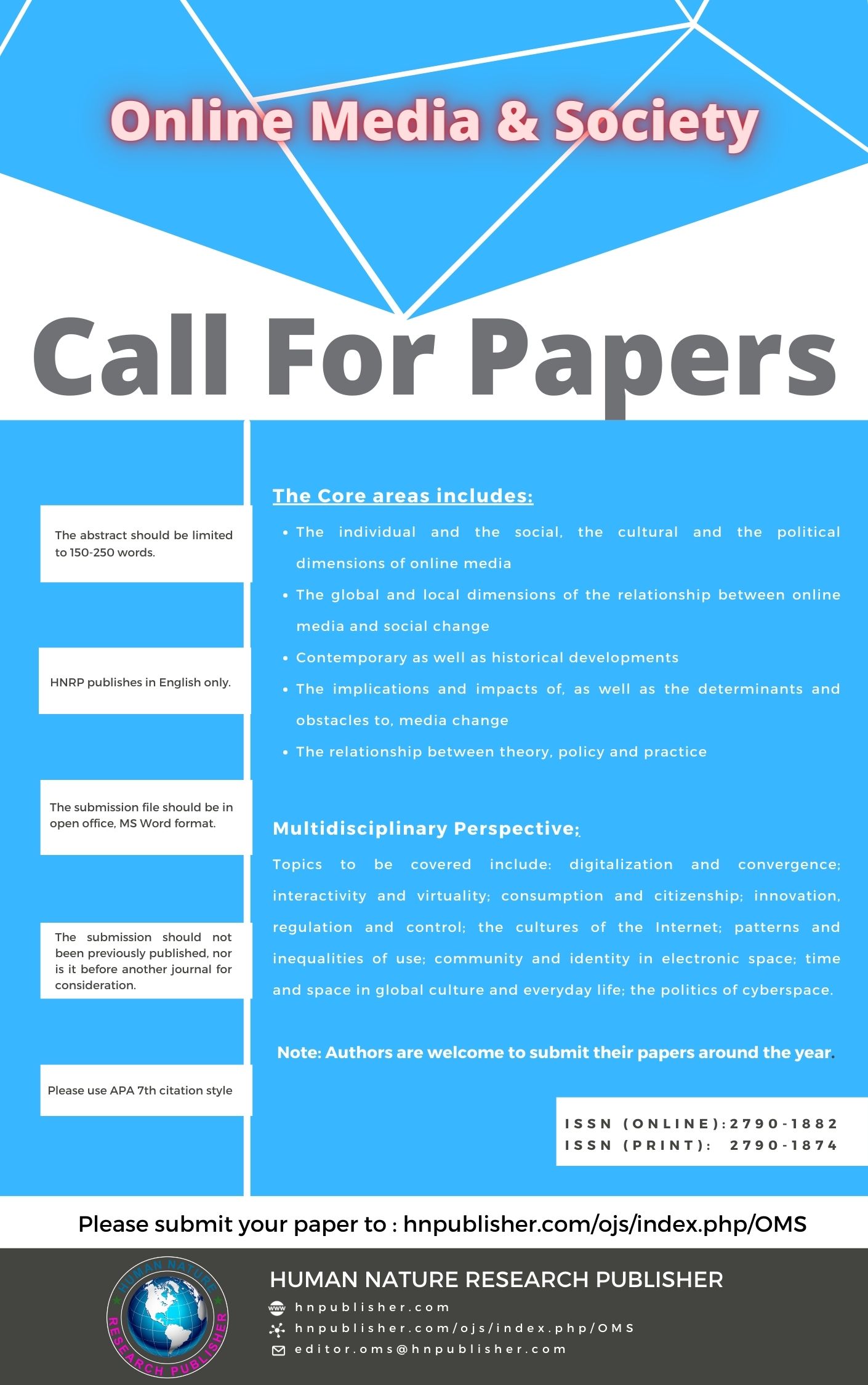University Students’ Internet Addiction and Cyberstalking: A Moderating Model of Psychological Resilience
DOI:
https://doi.org/10.71016/oms/554xpb07Keywords:
Cyberstalking, Internet Addiction, Psychological Resilience, Gender Role, StudentsAbstract
Aim of the Study: This study aims to investigate the relationship between internet addiction and cyberstalking by keeping moderating role of psychological resilience among university students of Lahore, Pakistan.
Methodology: The survey method was used to collect the data from 557 respondents by using Item Respondent Theory with standardized adopted instrument of internet addiction, cyberstalking and psychological resilience. Social Learning and self-control theories were conducted to check the higher resilience may be more resistant to effects of excessive internet use among university students.
Findings: The following results suggested that there is significant relationship between internet addiction and cyberstalking among university students. For moderation, “process macro” represented as Model 1 of Andrew Hayes was used to check moderating role of psychological resilience with its five dimensions resulting as Personal Competence has highest moderation effect (F= 40.308), Social Competence (F=35.29), Family Coherence (F=35.90), Social support (F=37.6) and Personal Structure (F=37.6). F values was near or above 25, this indicated significant moderation of psychological resilience.
Conclusion: The research concluded the direct proportional relationship between internet addiction and cyberstalking. There is a significant increase of cyberstalking if there is already existing internet addiction. Psychological resilience significantly moderates the relationship of internet addiction and cyberstalking.
Downloads
Published
Issue
Section
License
Copyright (c) 2024 Fizza Tallat, Iqra Saeed, Prof. Dr. Anjum Zia (Author)

This work is licensed under a Creative Commons Attribution-NonCommercial 4.0 International License.








